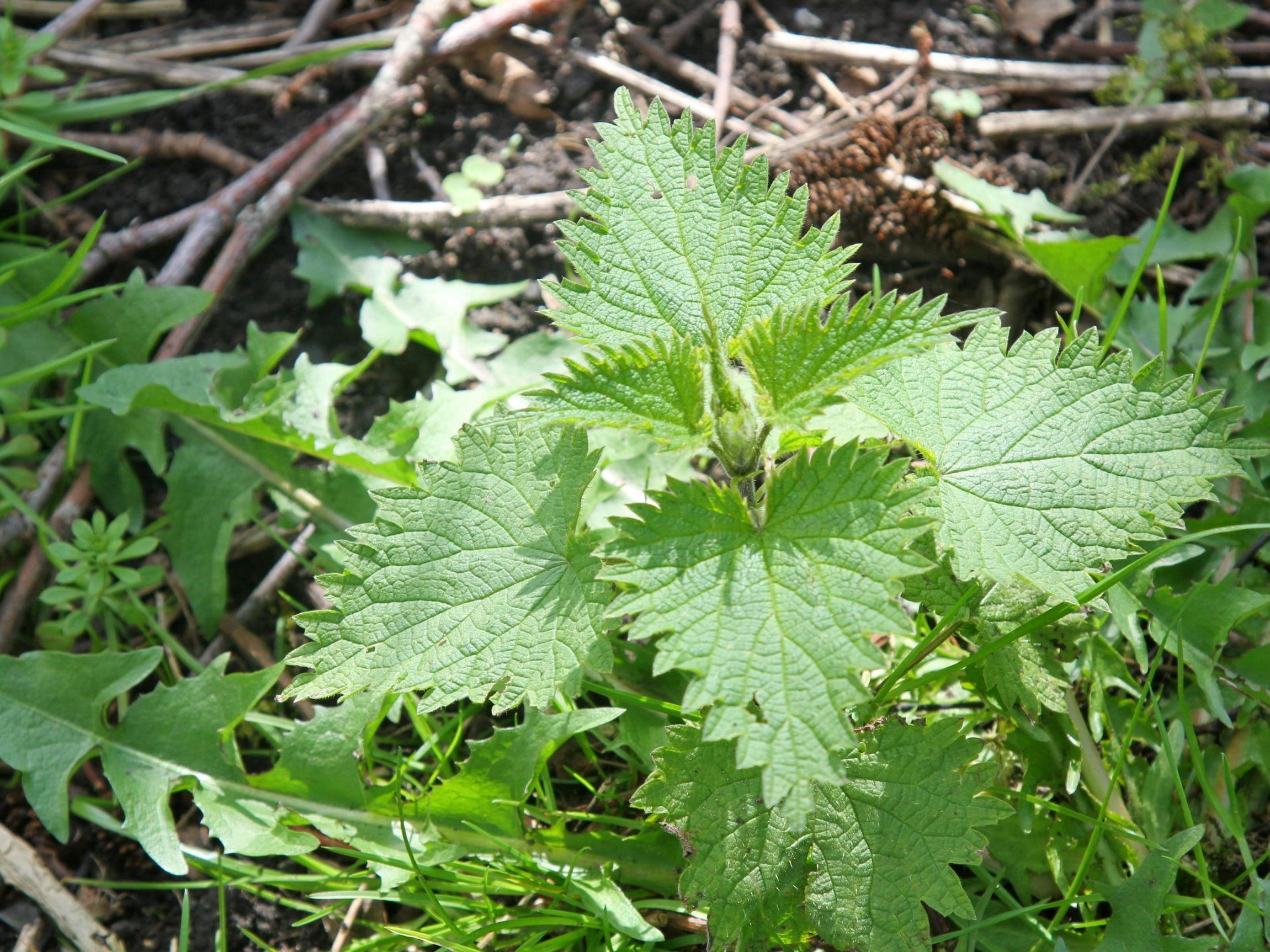Half of UK children can’t identify stinging nettles, study finds
Nearly half of children do not know what brambles, blackberries and bluebells look like

Your support helps us to tell the story
From reproductive rights to climate change to Big Tech, The Independent is on the ground when the story is developing. Whether it's investigating the financials of Elon Musk's pro-Trump PAC or producing our latest documentary, 'The A Word', which shines a light on the American women fighting for reproductive rights, we know how important it is to parse out the facts from the messaging.
At such a critical moment in US history, we need reporters on the ground. Your donation allows us to keep sending journalists to speak to both sides of the story.
The Independent is trusted by Americans across the entire political spectrum. And unlike many other quality news outlets, we choose not to lock Americans out of our reporting and analysis with paywalls. We believe quality journalism should be available to everyone, paid for by those who can afford it.
Your support makes all the difference.They might be all over the countryside but more than half of UK children are unable to identify stinging nettles, according to new research.
One in four children also don't know what a badger or robin looks like, according to researchers who showed pictures of British wildlife and plants to 1,000 children between the age of five and 16.
They also found 83 per cent were unable to identify a bumblebee, 82 per cent didn’t know what an oak tree leaf looked like, and only half of them correctly identified a puffin.
Nearly half of children could not identify brambles, blackberries and bluebells.
Educational psychologist Dr Dion Terrelonge said: “In some ways children are very aware of the natural world, thanks, in part, to television shows such as Blue Planet and increased conversations around environmental issues.
“However, this alone is no substitute for actually experiencing the natural world through exploring it with each of our senses.”
A quarter of parents say their children have little to no interest in the natural world and one in three said spending too much time sitting in front of a screen was to blame, according to the study.
Dr Terrelonge said: “Technology has changed unrecognisably over the past twenty years, with children having many more options for indoor play, whether it be TV, gaming, or social media, than ever before, and the pull of screen time can be almost irresistible for children and parents.
“We also have fewer green spaces and greater parental anxiety about allowing children to play outside, and hygiene; all of this will undoubtedly contribute to children having the opportunity to get outside.”
The research, which was commissioned by family activity app Hoop and carried out by Pickersgill Consultancy and Planning (PCP), also found 97 per cent of children could not identify a beech leaf and 96 per cent could not identify a cabbage white butterfly.
The findings support another report earlier this year by Natural England that found one in five children living in England’s most deprived areas spend no time in the natural environment.
Dr Terrelonge said: “Children learn through play, therefore the best way for them to learn about the natural world is to get out there, play in it and experience it.”
Join our commenting forum
Join thought-provoking conversations, follow other Independent readers and see their replies
Comments